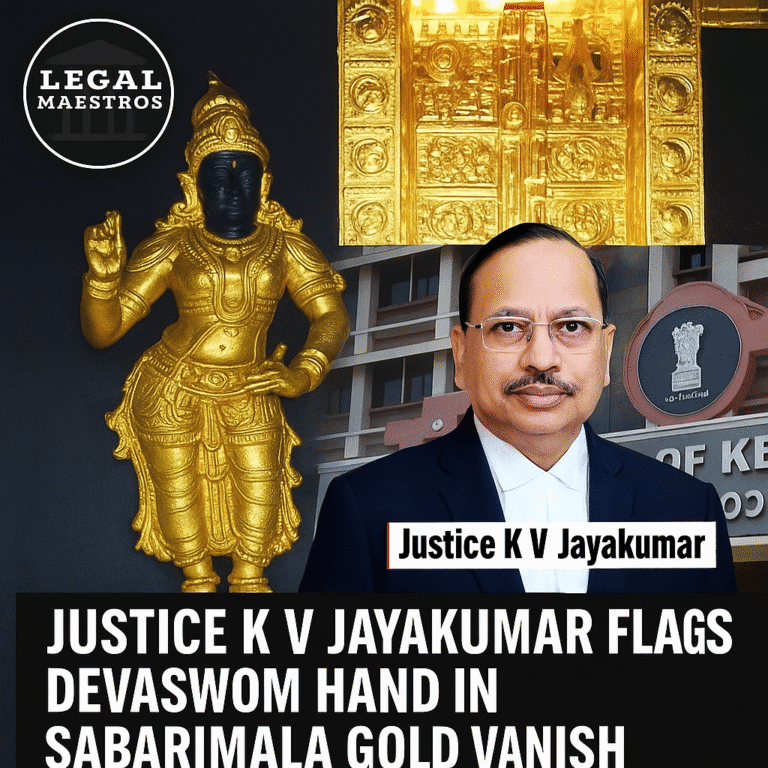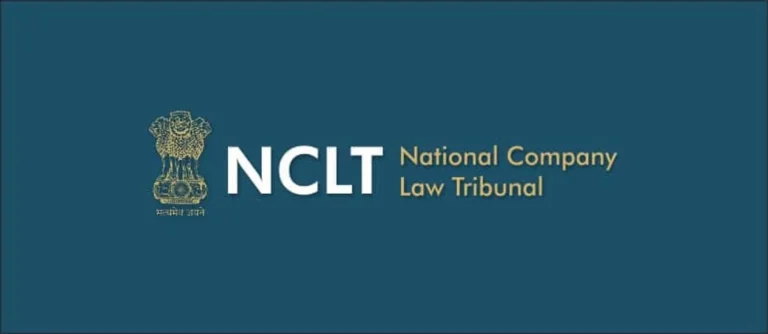
Avatar: Fire & Ash ’Trailer Leak: How India’s Copyright Act, 1957 Tackles Online Piracy
Introduction
It is July 26, 2025, and the fans refreshed video-sharing websites repeatedly in the pursuit of an official trailer of an upcoming blockbuster, Avatar: Fire and Ash. They would instead find it circulating hours before it is to premiere.
In a few minutes, thousands of people had viewed, shared, and downloaded the leaked video. The presented incident is not a simple marketing error, but it is a blatant copyright act. India’s Copyright Act, 1957 provides powerful tools to curb such piracy.
Defining Infringement: Section 51 of the Copyright Act, 1957
According to section 51(a) (i) of the Act, a person who without authorization does anything with one of the special rights of someone with a copyright.
For any queries or to publish an article or post or advertisement on our platform, do call at +91 6377460764 or email us at contact@legalmaestros.com.
As far as our example is concerned, such a leak and unauthorized upload of the trailer of the movie obviously come under reproduction and public communication.
Criminal Penalties: Section 63 – Offence of Infringement
It is not enough to define the infringement; the law has to prevent potential pirates. Section 63 of the Act imposes an imprisonment not less than 6 months and not exceeding 3 years, and a fine between ₹50,000 and ₹200,000 in respect of any person who knowingly infringes, or abets the commission of infringement of the copyright in a work
. Just imagine a car driver running a school zone and being conscious about the risk; this is analogous to a person sharing high-definition leak of a film trailer being well-aware of the damage it can cause to the rights of the makers
Illustration: The Unlocked Safe Analogy
A copyrighted trailer should be imagined as a nice, valuable thing that is in a safe. It is in the hands of the filmmakers. The moment a person shares the key code on the internet, anyone who finds himself around the safe can open the safe and take away its contents. Section 63 is more of a guard who has the power to arrest any person who uses said keycode to illegally enter. Unless this is done, works of creators are easy targets.
For any queries or to publish an article or post or advertisement on our platform, do call at +91 6377460764 or email us at contact@legalmaestros.com.
Civil Remedies: Section 55 – Injunctions and Damages
More than criminal prosecution, the Act imparts on rights‑holders the power to apply for civil relief. The power to stop the access to infringing work and grant damages as compensation is provided by section 55 that gives the court authority to grant injunctions to prevent the access and award damages as compensation for the losses.
An example of this is when the movie studios can go to court to have the Internet service providers take down the leaked trailer and compensate them for the damage that releasing the trailer early did by ruining their marketing campaign.
Illustration: The Leaky Roof Comparison
Consider the example of rainwater infiltrating a roof that has a crack in it. Fetching the pails of water (criminal sanctions) prevents damage just now, and you must bear with the reparation of the roof (injunctions) and the consolation of the wrecked furniture (damages). In the same way Section 63 apprehends offenders, section 55 seals the leak and recovers damages.
Rights Management Information: Section 65B
The Act also provides rights management information that can be used to combat digital piracy; this includes metadata such as the tags by the name of ,Official Do Not Share tags placed on files. Section 65B contributes to making the elimination or modification of this information a crime as well, taking account of the necessity of digital labels in order to track down illegal copies.
Implanting these tags on the pirates provides the breadcrumbs that one can use to trace back the pirates as the pirates destroy these breadcrumbs by stripping them of the tags.
For any queries or to publish an article or post or advertisement on our platform, do call at +91 6377460764 or email us at contact@legalmaestros.com.
Illustration: The Breadcrumb Trail
In a fairy tale, Hansel and Gretel leave a a trail of breadcrumbs to find their way home. Digital rights tags are the digital breadcrumbs that can allow the authorities to track the source of a leaked file. Pirates shove the crumbs aside, and in this, investigators lose the trail.
Conclusion
When the Avatar 2010 720p Blu Ray fire ash trailer leaked, we knew just how badly we needed strong copyright law protection on the net. The Copyright Act in India, 1957, via Sections 51, 63, 55, and 65B, has established a solid enough foundation to determine the malefactors, penalize them, and intercept unlawful material, as well as maintain digital proof.
With the release of the first official trailer, filmmakers and fans look forward to the onset of the film, but the law is there to make sure that the creative fire does not happen on illegal websites but in the theaters.
For any queries or to publish an article or post or advertisement on our platform, do call at +91 6377460764 or email us at contact@legalmaestros.com.




![Research Assistantship @ Sahibnoor Singh Sindhu, [Remote; Stipend of Rs. 7.5k; Dec 2025 & Jan 2026]: Apply by Nov 14, 2025!](https://legalmaestros.com/wp-content/uploads/2025/11/Gemini_Generated_Image_s0k4u6s0k4u6s0k4-768x707.png)
![Karanjawala & Co Hiring Freshers for Legal Counsel [Immediate Joining; Full Time Position in Delhi]: Apply Now!](https://legalmaestros.com/wp-content/uploads/2025/11/Gemini_Generated_Image_52f8mg52f8mg52f8-768x711.png)
![Part-Time Legal Associate / Legal Intern @ Juris at Work [Remote]: Apply Now!](https://legalmaestros.com/wp-content/uploads/2025/11/ChatGPT-Image-Nov-12-2025-08_08_41-PM-768x768.png)
![JOB POST: Legal Content Manager at Lawctopus [3-7 Years PQE; Salary Upto Rs. 70k; Remote]: Rolling Applications!](https://legalmaestros.com/wp-content/uploads/2025/11/ChatGPT-Image-Nov-12-2025-08_01_56-PM-768x768.png)